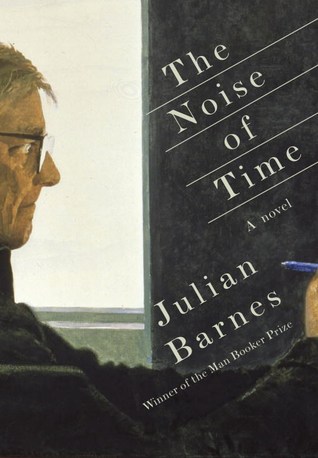More on this book
Community
Kindle Notes & Highlights
He had become a technique for survival. Below a certain point, that was what all men became: techniques for survival.
This was how you should love—without fear, without barriers, without thought for the morrow. And then, afterwards, without regret.
He lit another cigarette. Between art and love, between oppressors and oppressed, there were always cigarettes.
These words turned out to be the most famous he ever wrote—or rather, never wrote. He allowed them to stand because they protected his music. Let Power have the words, because words cannot stain music. Music escapes from words: that is its purpose, and its majesty.
To his mind, rudeness and tyranny were closely connected.
In an ideal world, a young man should not be an ironical person. At that age, irony prevents growth, stunts the imagination. It is best to start life in a cheerful and open state of mind, believing in others, being optimistic, being frank with everyone about everything. And then, as one comes to understand things and people better, to develop a sense of irony. The natural progression of human life is from optimism to pessimism; and a sense of irony helps temper pessimism, helps produce balance, harmony. But this was not an ideal world, and so irony grew in sudden and strange ways. Overnight,
...more
Art is the whisper of history, heard above the noise of time.
This was a nonsense: it wasn’t true—it couldn’t be true—because you cannot lie in music. The Borodins could only play the fourth quartet in the way the composer intended. Music—good music, great music—had a hard, irreducible purity to it. It might be bitter and despairing and pessimistic, but it could never be cynical. If music is tragic, those with asses’ ears accuse it of being cynical. But when a composer is bitter, or in despair, or pessimistic, that still means he believes in something. What could be put up against the noise of time? Only that music which is inside ourselves—the music of
...more
But it was not easy being a coward. Being a hero was much easier than being a coward. To be a hero, you only had to be brave for a moment—when you took out the gun, threw the bomb, pressed the detonator, did away with the tyrant, and with yourself as well. But to be a coward was to embark on a career that lasted a lifetime. You couldn’t ever relax. You had to anticipate the next occasion when you would have to make excuses for yourself, dither, cringe, reacquaint yourself with the taste of rubber boots and the state of your own fallen, abject character. Being a coward required pertinacity,
...more
Irony, he had come to realise, was as vulnerable to the accidents of life and time as any other sense. You woke up one morning and no longer knew if your tongue was in your cheek; and even if it was, whether that mattered anymore, whether anyone noticed.
If you turned your back on irony, it curdled into sarcasm. And what good was it then? Sarcasm was irony which had lost its soul.


